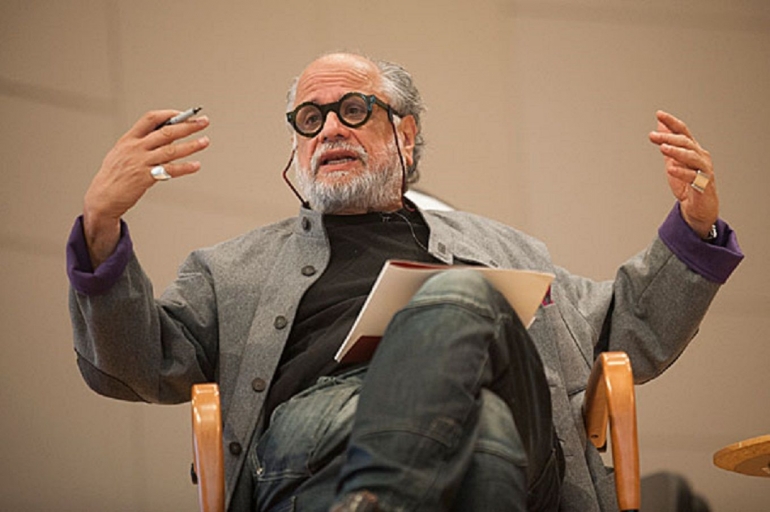Namun, membenarkan pengetahuan metropolitan tanpa menimbang kapitalisme kolonial/global yang membawa-serta demokrasi yang dikorupsi juga berkontribusi bagi terbentuknya subjek-yang-terus-terhegemoni.
*Tulisan ini berasal dari makalah yang disampaikan dalam Jelajah Pemikiran Budaya, Pusat Studi Kebudayaan Universitas Gadjah Mada, Yogyakarta, 25 Juni 2013. Beberapa penjelasan saya tambahkan untuk kepentingan tulisan ini.
BACAAN
Almond, Ian. 2009. "Anti-Capitalist Objection to the Postcolonial: Some Conciliatory Remarks on iek and Context. Dalam ariel: a review of international english literature, vol. 40, no. 1, hlm. 1-21.
Anfeng, Sheng. 2009. "Minoritization as A Global Measure in the Age of Global Poscoloniality: An Interview with Homi K. Bhabha". Dalam ariel: a review of international english literature, vol. 40, no. 1, hlm. 161-180.
Bhabha, Homi K. 2003. "Culture's In-Between". Dalam Stuart Hall dan Paul Du Gay (eds). Cultural Identity. London: Sage Publications: hlm.55-60.
_____________. 1998. "Anxiety in the Midst of Difference". Dalam PoLAR, Political and Legal Anthropology Review, Vol. 21, No. 1, hlm. 123-137.
_____________. 1994a. "Introduction: Locations of culture". Dalam The Location of Culture. London: Routledge: hlm.1-18.
_____________. 1994b. "Sign Taken for Wonder: Questions of ambivalence and authority under a tree outside Delhi, May 1817". Dalam The Location of Culture. London: Routledge: hlm.102-122.
_____________. 1984. Of Mimicry and Man: The Ambivalence of Colonial Discourse". Dalam October, Vol. 28, "Discipleship: A Special Issue on Psychoanalysis", hlm. 125-133.
_____________. t.t. "The Right to Narrate", wawancara oleh Kerry Chance, versi on line tersedia di: http://hrp.bard.edu/resource_pdfs/chance.hbhabha.pdf, diunduh 1 Juni 2009.







